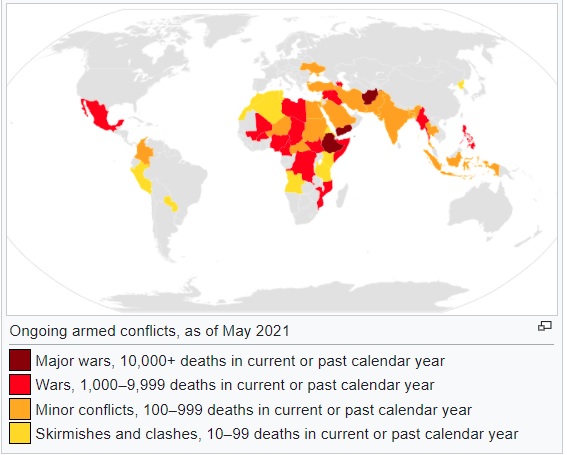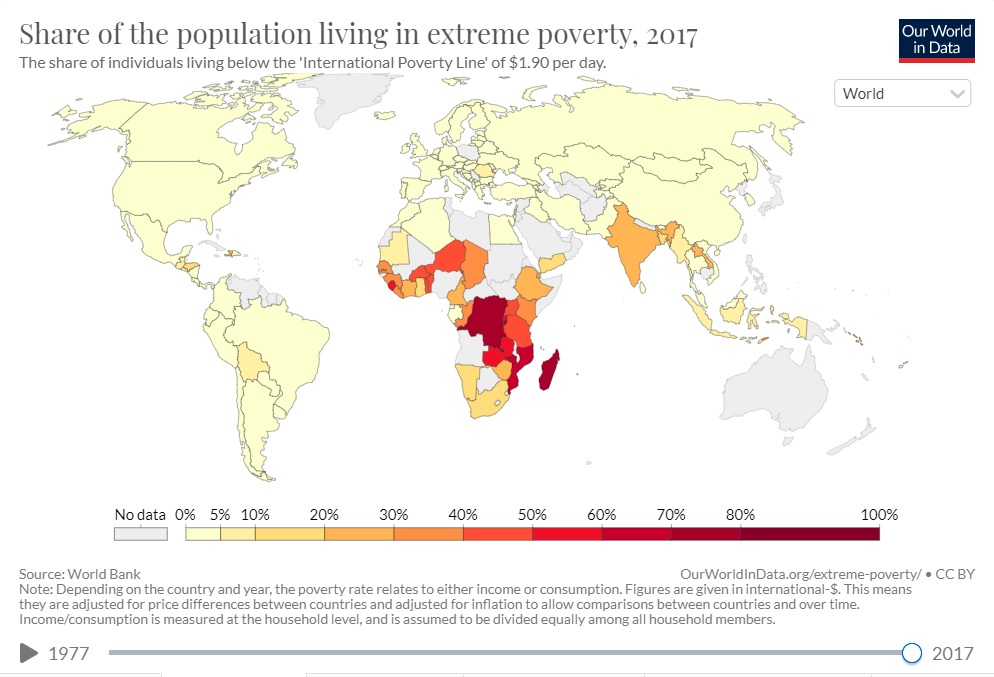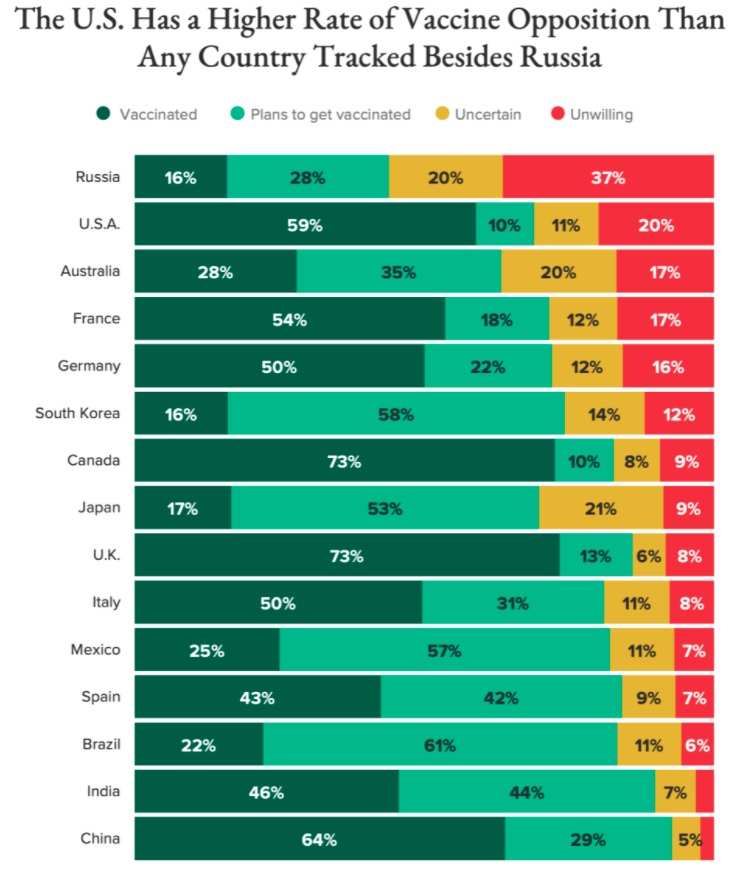While watching Patrick Beverly head butt Devon Booker during Tuesday’s NBA playoff game and then protest when a foul was called on him, we recalled a podcaster over the weekend making fun of a commercial from decades ago where a basketball player tells the referee the ball in fact went off of him out of bounds and not off the opposing player.
The gist of the commercial is that it is good to be honest (the commercial was for paper towels, which were presumably the most truth-telling paper on the market). The podcaster made fun of this, he was all for the last forty years of the win-at-all-cost ethos that now envelops our culture, to the point of lying about, well, everything, including that even a head butt is not a foul. Yes, Beverly held his hands up in protest of the call…even as blood gushed out of a large laceration on Booker’s nose. Beverly apparently believed he could shoot a person on Fifth Avenue in broad daylight and get away with it. Ours is not an original observation that sportsmanship has been subsumed by a win at all costs spirit. But we certainly have taken it to new In the Heights in recent years: in politics, sports, business and just about everywhere else we humans trod and paw.
Competition is good and too many policymakers ignore this, but so too is a cultural milieu of decency and honesty in which competition takes place. As we elbow out of the way other email newsletters, we decently take a look at where wars are taking place, which countries have the most vaccine hesitation and the increasing cancellation of Chinese built coal plants around the world (plus late breaking news on China’s deleting SARSCoV2 data). It’s this week’s International Need to Know, the Trae Young of international information and data.
We are on vacation next week–or at least busy cleaning out our garage and basement–as well as busy protecting our pets from miscreant firework arsonists. INTN will return on July 8th. In the meantime, as we celebrate Independence Day in America, listen to the only version of the Star Spangled Banner that should be played before sporting events.
Where The Wars Are
There is much debate about whether we live in the most peaceful time or not, as we note in our book, Challenging China. But, of the current wars, clashes, skirmishes and bouts of fisticuffs around the world, where are they taking place? Via Noah Smith we learn that Wikipedia is tracking them. As you can see in the map below, the majority of these violent clashes are occurring in Africa, south Asia and a smattering in southeast Asia. But look at the next graphic below mapping world poverty. It’s not a perfect correlation to the map of wars but it’s pretty close. Remember our post last week about economic growth reducing poverty? We need to encourage economic growth because it reduces poverty and thus allows people to lead better lives but another benefit is it will likely reduce the number of wars. Peace and prosperity are perhaps related.
Vaccine Hesitancy Around the World
Fully vaccinated, we have been venturing out into the world more recently. Last weekend we attended a birthday party and went to a Seattle Mariners baseball game. At the former, we sat in close quarters with friends, none of whom were wearing masks. At the baseball game, we sat outside with people all around us. Although evidence shows one is unlikely to be infected with Covid-19 outdoors, we would still prefer there was a rule that attendees must be vaccinated to attend a large gathering. That’s because, although Seattle has the highest percentage of vaccinated people in the country, the counties surrounding the area have relatively low percentages of people vaccinated due mostly to vaccine hesitancy. Where around the world is vaccination hesitancy highest? As you see in the chart below, it is Russia, with 37 percent of the population unwilling to be vaccinated. Although, believe it or not, we played baseball in Russia many years ago, we are unlikely to be attending a game there anytime soon. But, in America we will be, and our homeland has the second-largest percentage of people unwilling to be vaccinated. The top five is rounded out by Australia, France and Germany. The latter two have seen the largest drops in hesitancy the last two months, followed closely by China. In fact, of the countries selected, China has the least vaccine hesitant population. In record time the world developed vaccines that can end the pandemic, and yet far too many people, including and especially in America, are unwilling to get them. An individual who lost loved ones in 1918 transplanted to today would likely slap these fools.
China Corner: Cancellation of Overseas Coal Plants
China, like any big entity, is complicated. It is both the largest installer of solar panels in the world and of coal plants. China has also been helping other countries build coal plants as part of its Belt and Road Initiative. But a new report from the Center for Research on Energy and Clean Air (an outfit out of Helsinki) reports that “Over the last 5 years, more coal-fired power capacity linked to China was shelved or cancelled than commissioned. This indicates that despite massive construction at home, overseas coal projects faced significant political and financial challenges in most host countries.” Other countries may be becoming wise to the fact that in many locations, solar power is now cheaper than coal. Plus, of course, coal is bad for the environment, not just because of climate change, but also because of the air pollution it produces that is damaging to people’s health (more on this next issue). The report also notes that none of the coal projects China was trying to build in other countries would have been legal in China since they “emit 5 times as much air pollutants as allowed in China.” The bad news is there are still a large number of coal plants in the pipeline to be built by China overseas. That’s a pipeline we should all hope gets closed.
Bonus China Corner Coverage: We would be remiss if we did not link to Jesse Bloom’s fascinating Twitter thread describing the deletion of data by Chinese officials that had originally been submitted to a global database managed by the National Institute of Health. It is important to note that this does not in anyway confirm that the virus leaked from the Wuhan Institute of Virology lab. What is strange, however, is the very different reactions by experts in the virology field. Michael Lin, Associate Professor of Neurobiology & Bioengineering at Stanford, tweeted, “So today’s data fetch and dump by
@jbloom_lab clearly shows that Chinese authorities knew of earlier cases, but lied to @WHO
@PeterDaszak and @MarionKoopmans by saying they had found no other cases, then lied to the world by saying they had been transparent.” Meanwhile Robert Garry, a Tulane University virologist counters, “Jesse Bloom found exactly nothing new that is not already part of the scientific literature,” and, according to the Washington Post said the Bloom paper is “inflammatory.” We are in no position to referee any of this. But, we hope those that are will speak up and that this story does not merely flitter away in the media industrial complex news cycle. Why there are such wildly divergent interpretations seems like a very big deal and likely illuminating in one way or another about how people react to and interact with China. Bloom, by the way, is a scientist here in our neck of the woods at the Fred Hutchinson Cancer Research Center.




